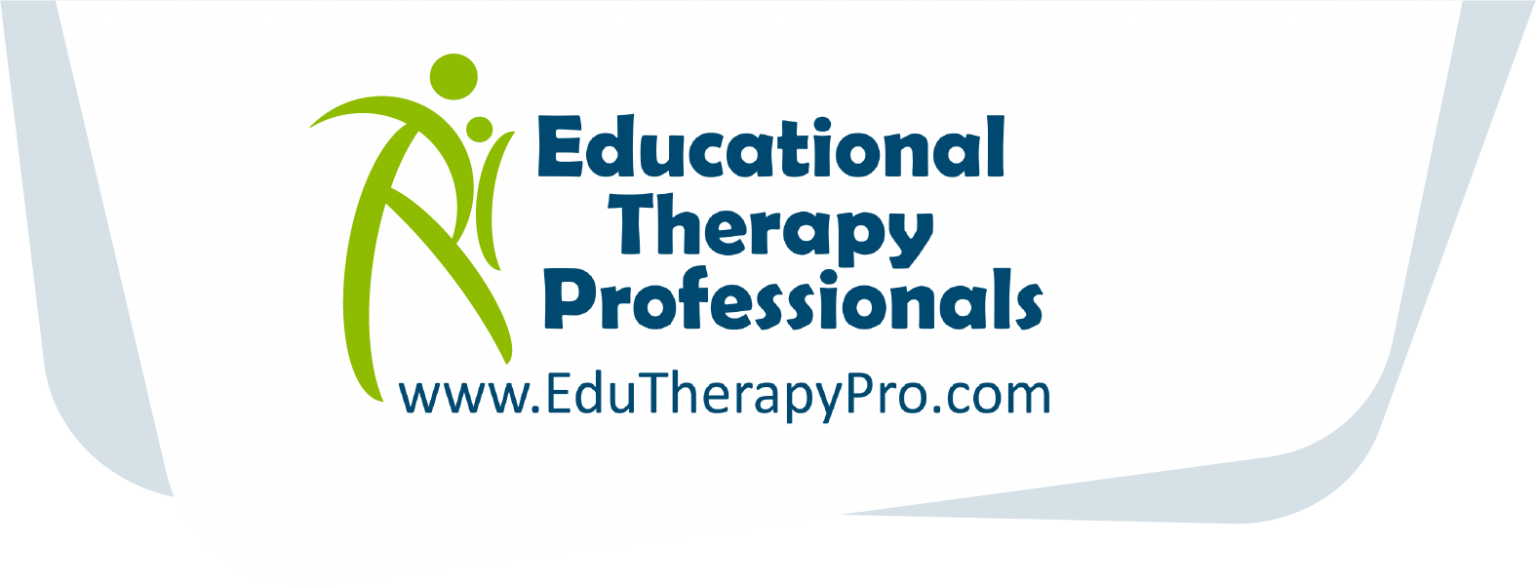Effective communication is a cornerstone of learning and social development. For many students, challenges with speech and language can create barriers to academic success and peer interactions. This is where speech therapists for schools step in, providing targeted support through school-based speech therapy programs. These professionals play a crucial role in helping students overcome speech and language difficulties, enabling them to thrive in and beyond the classroom.
In this blog, we’ll explore the importance of speech therapy in schools, the benefits it offers, and how speech therapists work to improve students’ lives.
What is School-Based Speech Therapy?
School-based speech therapy is a specialized service designed to address speech and language challenges that can impact a student’s ability to learn, communicate, and engage socially. These challenges may include:
- Articulation disorders (difficulty pronouncing sounds)
- Language disorders (difficulty understanding or using language)
- Fluency issues (e.g., stuttering)
- Voice disorders (problems with pitch, volume, or quality of voice)
- Social communication difficulties (trouble understanding and using social cues)
Speech therapists, also known as speech-language pathologists (SLPs), work within schools to evaluate students, create individualized treatment plans, and provide therapy that supports their unique needs.
The Role of Speech Therapists for Schools
Speech therapists for schools are integral members of the educational team. Their work involves much more than one-on-one therapy sessions with students. Key responsibilities include:
- Assessing Communication Needs:
SLPs conduct evaluations to identify speech and language challenges and determine how these issues affect a student’s ability to participate in school activities. - Developing Individualized Education Plans (IEPs):
For students eligible for special education services, speech therapists collaborate with educators and parents to create IEPs that outline specific speech and language goals. - Providing Direct Therapy:
Therapy sessions may be conducted individually or in small groups. These sessions target specific areas such as articulation, language comprehension, or social communication. - Collaborating with Teachers and Staff:
Speech therapists work closely with classroom teachers to integrate communication strategies into daily lessons, ensuring students receive consistent support. - Educating Families:
SLPs often guide parents on how to support their child’s communication development at home, creating a holistic approach to therapy.
Benefits of School-Based Speech Therapy
The impact of speech therapy extends far beyond the classroom. Here are some of the key benefits for students:
- Improved Communication Skills:
Students gain the ability to express themselves more clearly and effectively, enhancing their participation in class discussions and social interactions. - Stronger Academic Performance:
Communication skills are fundamental to understanding and conveying knowledge. Speech therapy helps students overcome language barriers that may hinder their learning. - Boosted Confidence:
Overcoming speech and language challenges can significantly improve a student’s self-esteem, enabling them to engage more fully with their peers and teachers. - Enhanced Social Skills:
By addressing social communication difficulties, speech therapists help students develop better relationships and navigate social situations with ease. - Preparation for Future Success:
The skills developed through speech therapy are essential for success in higher education, the workplace, and everyday life.
Examples of Speech Therapy Activities in Schools
Speech therapists use a variety of techniques and activities tailored to each student’s needs. Common examples include:
- Articulation Exercises:
Practicing specific sounds and words to improve pronunciation and clarity. - Language Development Games:
Activities that build vocabulary, sentence structure, and comprehension. - Fluency Strategies:
Techniques to manage stuttering or other fluency issues, such as controlled breathing and paced speech. - Role-Playing:
Practicing social interactions to improve conversational skills and understand nonverbal cues. - Assistive Technology:
Using tools like communication devices or apps to support students with severe speech or language challenges.
The Importance of Early Intervention
One of the most significant advantages of school-based speech therapy is its focus on early intervention. Identifying and addressing speech and language difficulties early in a child’s development can prevent long-term academic and social challenges. Early intervention programs in schools help students develop foundational skills that support their growth throughout their education.
Challenges in Providing Speech Therapy in Schools
Despite its critical importance, schools often face challenges in implementing effective speech therapy programs:
- High Caseloads:
Many speech therapists manage a large number of students, limiting the time available for individualized therapy. - Resource Constraints:
Budget limitations can make it difficult to hire enough qualified speech therapists or invest in necessary tools and materials. - Awareness and Advocacy:
Some families and educators may not fully understand the benefits of speech therapy, leading to delays in seeking support.
How Educational Therapy Professionals Supports Schools
At Educational Therapy Professionals, we are committed to enhancing school-based speech therapy programs by connecting schools with experienced speech therapists who specialize in addressing the diverse needs of students. Our team works closely with educators to create customized therapy solutions that empower students to succeed academically and socially.
If your school is looking to improve its speech therapy services, contact Educational Therapy Professionals today. Together, we can ensure every student has the communication skills they need to thrive.
Speech therapy is a critical component of student success, providing the tools and support necessary for effective communication and learning. By investing in school-based speech therapy programs, schools can create an inclusive environment where every student has the opportunity to reach their full potential.





